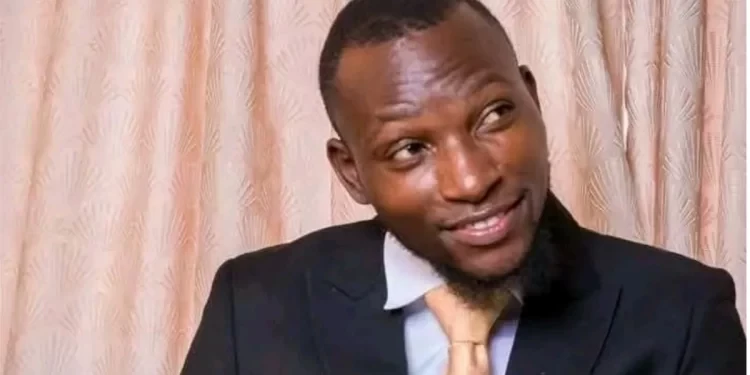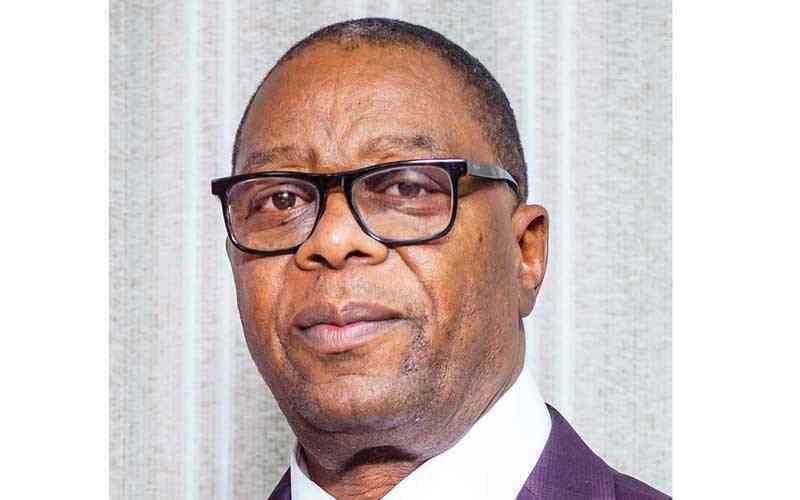
Musicians and fans have strongly criticised the dire state of the healthcare system and are demanding the government establish a national health fund to support artists and celebrities facing accidents and serious health issues.
The call comes in the wake of the untimely death of sungura star Tatenda Pinjisi.
Pinjisi died last week on Sunday from injuries sustained in a car accident.
The accident occurred on Friday, April 11, near Norton, while he was traveling to a show in Kadoma.
Tragically, two of his band members and a female passenger also lost their lives in the accident.
Pinjisi suffered severe head injuries and multiple fractures and was admitted to Sally Mugabe Hospital in Harare.
Despite being in the intensive care unit, his injuries were too severe, and he passed away.
The image of Pinjisi pleading for painkillers in his final hours is a haunting reminder.
- Pinjisi death: All things wrong with our govt
- Healthcare system under scrutiny after Pinjisi’s death
Keep Reading
It speaks to a reality where a road accident, a tragically common occurrence, becomes a death sentence due to the lack of basic medical necessities.
The image speaks to a system where the difference between life and death can be a CT scan that isn’t available or an ambulance that arrives too late.
The circumstances surrounding Pinjisi's death have brought to light the critical condition of Zimbabwe's healthcare system.
Reports from a doctor at the hospital indicated a power outage that forced nurses to use cell phone torches and a lack of strong painkillers for Pinjisi, who was reportedly in excruciating pain.
This has led to widespread outrage and condemnation of the healthcare system in Zimbabwe, with many citing chronic shortages of medicine and inadequate facilities.
Medical doctor and arts benefactor Johannes Marisa said there was a need for collaborations to advance the health systems within the arts space.
“There is a need for a national health fund for our arts practitioners,” he said.
“I have done my part in helping some, but there is a need for more of us to complement each other's work and help our artists.”
Veteran sungura musician First Farai said: “I wish there was a union to lobby for such a facility (health fund).”
This is not an isolated incident.
In recent times, other Zimbabwean celebrities have tragically died in accidents, and the issue of inadequate medical attention has been raised in some cases.
Garry Mapanzure, a young Afro-pop musician, died in October 2023 after a car accident.
His family reported that the hospital he was taken to lacked essential equipment, such as a CT scan, and there were no ambulances with oxygen support to transfer him to Harare.
Insimbi ZeZhwane's MaEli and Thembinkosi “Maviri” Mpofu, the lead vocalist and drummer of the rhumba group, died in a car accident in August 2023.
While reports focused on the accident, the broader context of healthcare accessibility remains a concern in such situations.
Businessman and socialite Genius “Ginimbi” Kadungure and vixian Michelle “Moana” Amuli died in a high-speed car accident in November 2020.
While they died on the spot, the incident highlighted the dangers of road accidents in Zimbabwe.
Rapper Cal_Vin died in November 2020 after being involved in a hit-and-run car accident.
He reportedly died upon arrival at Mpilo Hospital.
Reports suggest that the hospital lacked medical equipment and personnel.
Veteran actor Lazarus “Gringo” Boora passed away in November 2020 due to disseminated cancer.
His family spoke of a lack of funds for his medical care, although private doctors had offered to treat him for free.
This case highlights challenges in accessing timely and adequate treatment for critical illnesses.









